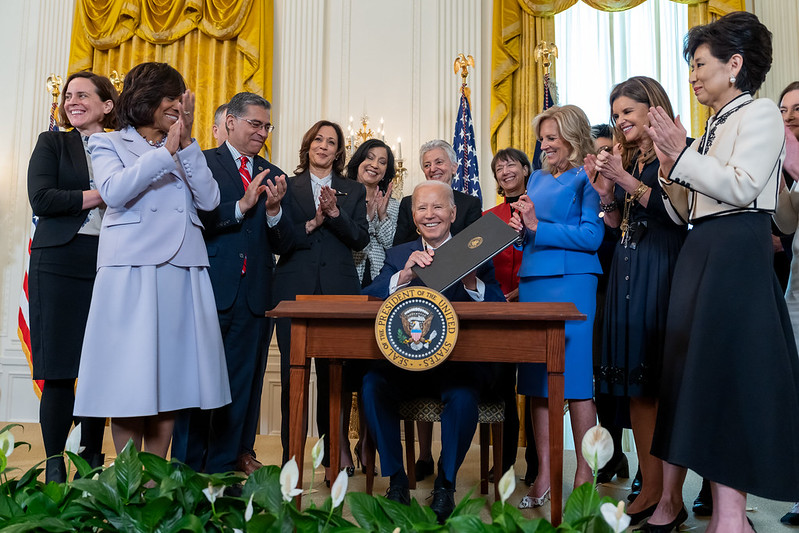 On January 15, 2025, the U.S. Citizenship and Immigration Services (USCIS) released updated police guidance for EB-2 National Interest Waiver petitions.
On January 15, 2025, the U.S. Citizenship and Immigration Services (USCIS) released updated police guidance for EB-2 National Interest Waiver petitions.
The updated policy guidance is effective immediately and applies to requests pending or filed on or after its publication date of January 15.
This guidance provides insights into how USCIS officials will determine eligibility for NIW petitions for employment-based immigrants, who are seeking a waiver of the job offer requirement, and thus labor certification.
Updated Policy Highlights
- Clarifies that a petitioner seeking a national interest waiver must first demonstrate qualification for the underlying EB-2 classification, as either a member of the professions holding an advanced degree, or an individual of exceptional ability in the sciences, arts, or business.
- Explains that USCIS considers on a case-by-case basis whether the occupation in which the person proposes to advance an endeavor is a profession and, if applicable, whether the 5 years of post-baccalaureate experience is in the specialty, noting that it is the petitioner’s burden to establish each element of eligibility.
- Clarifies that USCIS determines the relationship between exceptional ability and the proposed endeavor on a case-by-case basis, considering any shared skillsets, knowledge, or expertise.
- Provides additional guidance, with examples, about how USCIS evaluates whether a proposed endeavor has national importance.
- Explains how USCIS evaluates evidence such as letters of support and business plans, when determining whether a person is well positioned to advance an endeavor.
- Clarifies, with examples, that not every entrepreneur qualifies for a national interest waiver. While USCIS decides each case on its merits, broad assertions regarding general benefits to the economy and potential to create jobs will not establish an entrepreneur’s qualification for a national interest waiver.
- Explains that, as with all adjudications, USCIS evaluates all of the evidence in the aggregate, and that the list of suggested evidence for entrepreneurs is not intended to suggest that any one piece, by itself, necessarily establishes eligibility. USCIS reviews all of the person’s education, experience, and skills and the benefit to the national interest when determining eligibility.
 Visa Lawyer Blog
Visa Lawyer Blog











